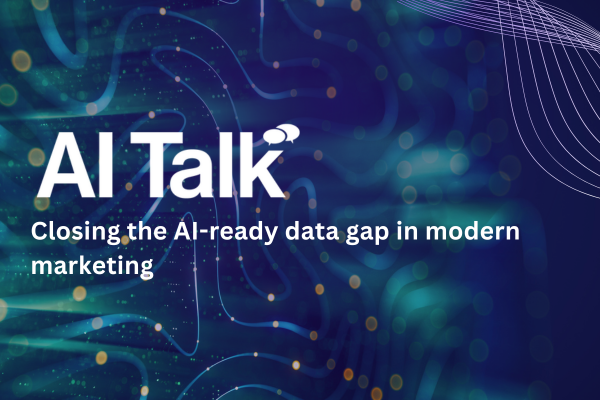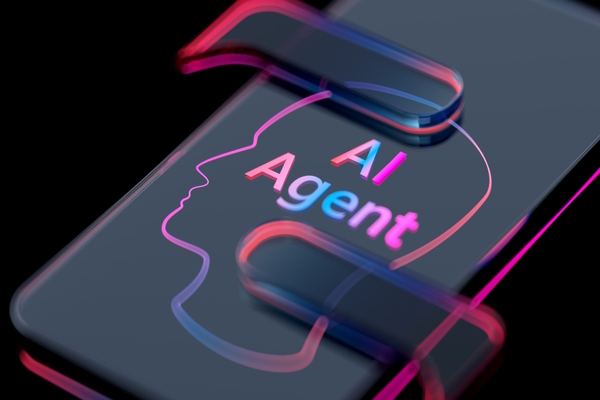Reaching AI superpower status: the need to upskill the UK public sector

Alexia Pedersen at O’Reilly argues that now is the time for the UK government to invest in upskilling to ensure public services match private products in AI innovation
In recognising the transformative power of AI, the UK has placed its stake firmly in the ground with a multitude of Government programmes focused on establishing the nation as a ‘global AI superpower’.
There has been an investment of £950m into R&D, education, business and infrastructure as part of the AI Sector Deal. The new Office for AI is now overseeing a National AI Strategy that will use ‘modern technology to improve people’s lives and solve global challenges such as climate change and public health”.
Despite the Government’s ambitious objectives, the adoption of AI in its own house reflects a very different reality. Following years of hype and exponential growth, our research has shown that since 2020 AI adoption across the board has plateaued at 26% year-on-year.
Government adoption is floundering at the bottom of the list, with the fewest AI projects in production (9%). While half of public sector respondents said they were currently evaluating the use of AI, the sector reported the largest percentage that was not using AI at all.
The potential benefits of AI in the public sector are myriad. Some government organisations are already using AI to assist with fraud detection and answer customer queries. For example, the National Crime Agency uses RPA and AI to process Interpol alerts, cutting processing time by 79% and saving 28,000 hours of manual processing.
However, there are barriers that the public sector must overcome to realise the full potential of this technology. It is not only plagued by outdated IT infrastructure but also suffers huge bottlenecks due to a lack of skilled people.
The single most pressing issue in the public sector
According to a 2021 report from the Department for Digital, Media, Culture and Sport (DCMS), investment in data talent development is the single most common data challenge UK businesses and third sector organisations currently face.
According to the Institute for Government, a lack of digital skills in the UK civil service was the primary concern during the pandemic. As Deloitte highlights, as AI is becoming increasingly complex, public sector ‘employees often do not possess the necessary AI and data management skills [and] there is less encouragement for public sector employees to be innovative and take risks.”
The public sector’s people issue is multifarious. First, there is the issue of core technical skills. Across the board, AI skills are in short supply, with businesses in fierce competition for AI talent. As Sabine Gerdon, Senior Policy Adviser at the UK’s Office for Artificial Intelligence wrote recently, “organisations place a premium on attracting high-calibre AI talent, raising compensation and making it difficult for organisations with smaller hiring budgets, like government, to attract top candidates”.
Even where departments may be keen to explore AI, finding multi-disciplinary talent, encompassing data, AI, ethicists, project managers and domain experts is a massive challenge. It is, therefore, not only core technical skills that are missing.
As Gerdon highlights, those in strategic, non-technical positions also lack an understanding of AI and data. She suggests this, alongside the public sector’s natural risk-aversion (with warranted concerns over privacy, fairness and bias, for example), slows innovation.
As highlighted by the National Audit Office the UK government has “a consistent pattern of underperformance” in digital transformation projects. It points to senior decision-makers’ inability to understand digital change implementation. At the same time, a recent survey found that just 56% of public-sector employers have access to the digital skills they need.
Education must start at the very top and be made available across the board.
Upskilling is the only way to meet the challenge
Upskilling internally is the key to a viable strategy for AI talent. Finding external talent will continue to be a challenge that the government will find hard to win. Even while the government invests millions in training the next generation through schools and universities, there is a massive chasm of AI talent affecting the public sector right now. The talent pipeline will take too long to meet the needs of the government’s ten-year ‘world leader’ AI objectives.
Just because the required AI talent does not yet exist in the public sector, it does not mean it cannot be created. A wealth of talent in the sector is not being harnessed.
Now is the time for the government to invest in the upskilling of their own to ensure public services match private products in AI innovation. With a vast range of educational materials and support available to support this mission, all systems must be set to’ go’ when it comes to investment in upskilling for AI.
From Artificial Intelligence (AI), Machine Learning (ML), data science and cloud implementation, innovative and impactful learning is more accessible than ever. It will provide the foundation for the UK to reach AI superpower status.
Alexia Pedersen is VP of EMEA at O’Reilly
Main image courtesy of iStockPhoto.com

Business Reporter Team
Most Viewed
Winston House, 3rd Floor, Units 306-309, 2-4 Dollis Park, London, N3 1HF
23-29 Hendon Lane, London, N3 1RT
020 8349 4363
© 2025, Lyonsdown Limited. Business Reporter® is a registered trademark of Lyonsdown Ltd. VAT registration number: 830519543





